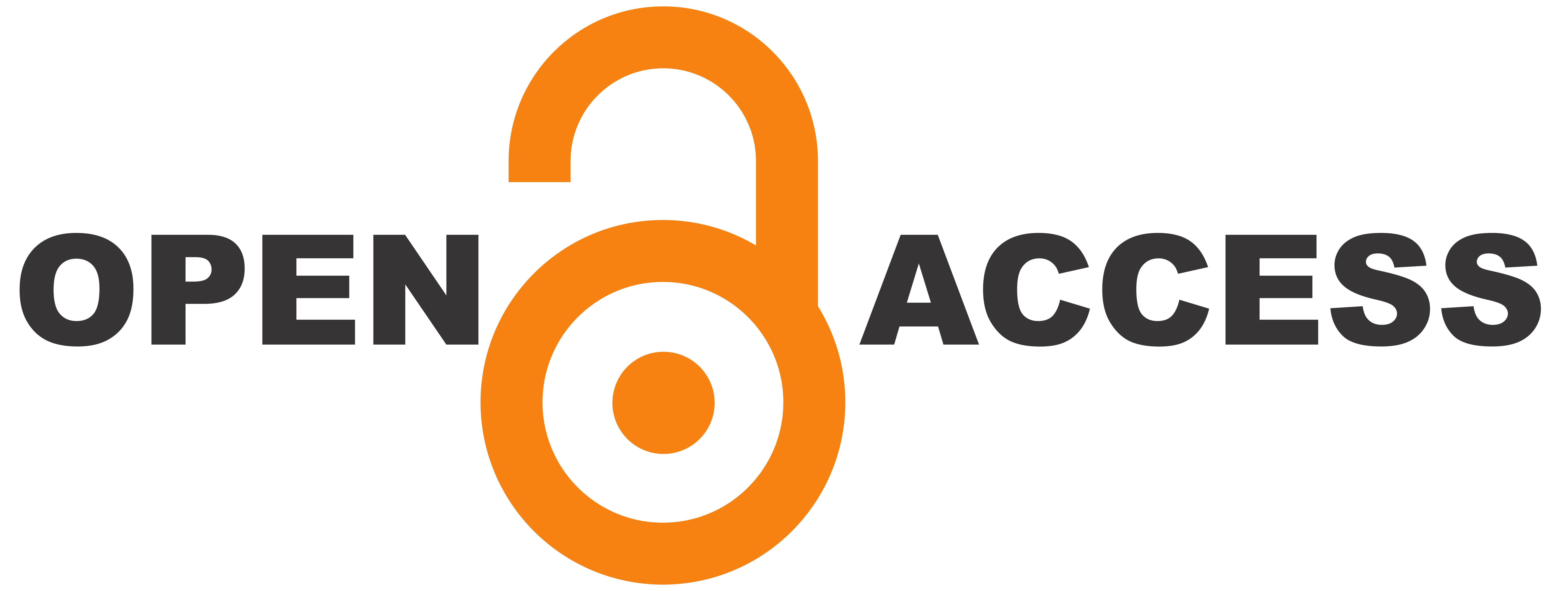Fostering Creativity in School Makerspaces: Principles and a Framework for Assessing Creativity-Supportive Design
DOI:
https://doi.org/10.24377/DTEIJ.article3367Keywords:
Makerspace, creativity assessment, environment, education, pedagogyAbstract
School-based makerspaces are increasingly recognized as powerful contexts for fostering creativity, collaboration, and problem-solving. However, educational research on creativity has often prioritized individual traits or final products, underemphasizing the environmental conditions - physical, social, emotional, and cognitive - that shape creative engagement. This paper argues for re-centering Press, the environmental dimension of Rhodes’ Four Ps model, as a central driver of creativity in educational makerspaces. Drawing on interdisciplinary literature from creativity studies, learning sciences, and educational psychology, the paper identifies six interrelated principles that characterize creativity-supportive learning environments: a supportive socio-emotional atmosphere, learner autonomy, inspirational stimuli, collaborative culture, teacher support and guidance, and equitable access to technology and resources. These principles are synthesized into the Creative Educational Environment Assessment Model, a prospective conceptual framework designed to evaluate and enhance makerspaces in ways that are context-responsive, equitable, and pedagogically robust. The model emphasizes process as well as product, incorporates intellectual resources as a dimension of creative support, and situates teacher capacity as a systemic driver. Intended as both a theoretical scaffold and a practical tool, the framework offers researchers, educators, and policymakers actionable guidance for transforming makerspaces into environments where creativity is structurally supported and democratically accessible.
Downloads
Published
Issue
Section
License
Copyright (c) 2025 Larysa Kolesnyk, Brynjar Olafsson, Camilla Groth, Eva Lutnæs

This work is licensed under a Creative Commons Attribution 4.0 International License.
Authors who publish with this journal agree to the following terms:
Authors retain copyright and grant the journal right of first publication with the work simultaneously licensed under a Creative Commons Attribution License that allows others to share the work with an acknowledgement of the work's authorship and initial publication in this journal.
Authors are able to enter into separate, additional contractual arrangements for the non-exclusive distribution of the journal's published version of the work (e.g., post it to an institutional repository or publish it in a book), with an acknowledgement of its initial publication in this journal.


